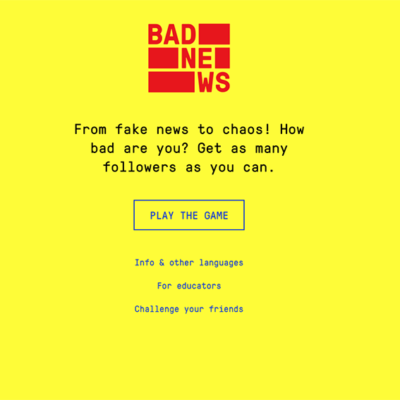[ad_1]

Sweet or not, the end
Almost everyone who gets old dies.
In a gross way, that brief sentence could sum up a Dutch/Danish/British study called “Use of sugar in coffee and tea and long-term risk of mortality in older adult Danish men: 32 years of follow-up from a prospective cohort study“.
The study says: “In total, 2923 men (mean age at inclusion: 63±5 years) were included, of which 1007 (34.5%) added sugar. In 32 years of follow-up, 2581 participants (88.3%) died, 1677 in the non-sugar group (87.5%) versus 904 in the sugar group (89.9%).”
Feedback’s nifty, thrifty summary recalls a speech at an Ig Nobel prize ceremony by Yoshiro Nakamatsu. (Nakamatsu, also known as Dr NakaMats, received the 2005 Ig Nobel nutrition prize for photographing and retrospectively analysing every meal he had consumed over 34 years, an activity he continues in 2024.) Nakamatsu said: “Life should be long. Speeches should be short.”
Shocking news
The practice of mindfulness helps us focus on some particular thing – not just fleetingly, but at length. Feedback cannot stop focusing on a 10-year-old study called “Role of mindfulness-based psychological support during a course of ECT”.
ECT is an acronym for electroconvulsive therapy. This study was one of the most successful attempts – perhaps the only attempt – to intentionally combine mindfulness with this therapy.
The researchers report that after being electroshocked, their patients “were cognitively intact to engage in simple mindfulness-based psychotherapy, with no evidence of difficulty with recollection of new information”.
They (the researchers), who were then at MidCentral District Health Board in Palmerston North, New Zealand, reached a conclusion that is multisyllabic.
They wrote: “This study confirms the cognitive adverse effect-sparing benefits of ultrabrief pulse ECT… but goes on to prove that psychological interventions and physical modalities of treatment are not mutually exclusive.”
Mind the dishes
Just a year later, researchers in the US published a study called “Washing dishes to wash the dishes: Brief instruction in an informal mindfulness practice“. They had a goal in mind. “We hypothesized,” they wrote, “that, relative to a control condition, participants receiving mindful dishwashing instruction would evidence greater state mindfulness, attentional awareness, and positive affect.”
They tested their hypothesis on 51 college students, and report that the test was successful. Their study finishes with an appreciation of the big picture, saying: “Implications for these findings are diverse.”
Mindful of mindfulness
One can also be mindful about mindfulness. Three researchers (two at the University of St. Gallen, Switzerland, one at the University of Ljubljana, Slovenia) looked mindfully at the heaps of published studies about mindfulness, then published a study about what they think they saw. Their study, called “Exploring the past, present, and future of the mindfulness field: A multitechnique bibliometric review“, more or less complains that not many people paid attention to those studies.
The team offers an excuse for why so few people have been mindful of mindfulness research: “low citation rates could also simply indicate that a document pertains to a narrow field of study. Thus, they should not be misinterpreted as evidence of poor quality.”
Resisting antibiotics
David Gordon adds his non-prescriptive perspective to Feedback’s collection of professional opinions about whether “the art of medicine amounts to entertaining the patient while nature effects the cure”.
He says: “All interventions have potential side-effects, so avoidance of unnecessary ones is a no-brainer. As a retired family doctor, I drastically reduced my prescribing of antibiotics by managing the fears… invoked by the symptoms, and explaining the natural history of self-limiting and predominantly viral acute respiratory tract infections; especially for mothers of small children.
“These principles can be applied, judiciously, to other medical scenarios. Unfortunately, this is not good for business, both for the practitioner and the pharmaceutical companies for which one unavoidably acts as an agent. There are fewer ‘return visits’ to deal with drug side-effects and unalloyed anxieties. More importantly, in the long term, patients are disavowed of the belief that every illness necessitates a prescription.”
Losing power
Superpowers – even the trivial ones readers add to Feedback’s compendium – aren’t all permanent. Grainne Collins confides: “I had a superpower: I could look at any list or table of numbers and know there was a mistake instantly. It might take 10 minutes to work out what, but I was always right. Unfortunately, as my dyslexia has receded (I can now see the difference between ‘form’ and ‘from’ without study), so has my superpower!”
Marc Abrahams created the Ig Nobel Prize ceremony and co-founded the magazine Annals of Improbable Research. Earlier, he worked on unusual ways to use computers. His website is improbable.com.
Got a story for Feedback?
You can send stories to Feedback by email at feedback@newscientist.com. Please include your home address. This week’s and past Feedbacks can be seen on our website.
[ad_2]
Source link




